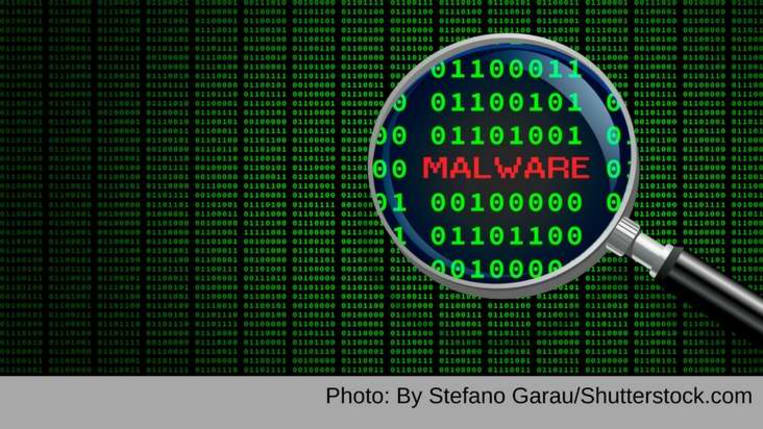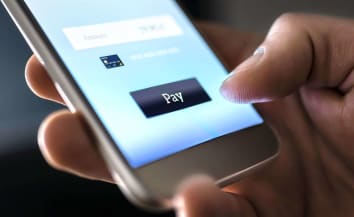
BBB Tip: Malware scams

Think before you click! Clicking on the wrong link or downloading a scammer's attachment can result in malware spreading to your computer.
“Malware” is any kind of computer bug with malicious intent. It can affect your computer, tablet, or phone in many ways. One type of malware, called “spyware,” is designed to steal your personal information. “Adware” displays unwanted ads. “Ransomware” can hold your device hostage until you pay the scammer to unlock it.
How the Scam Works:
Malware is often spread by “phishing” messages, where the target either clicks on a link to a rogue website or downloads an infected attachment. Scammers use spyware to collect personally identifying information (PII) that can be used for identity theft. Some malware can even take control of your device and use it to spread the virus to others (if you’ve received an odd email from a friend asking for money or making another strange request, it’s likely they’ve been hooked by a phishing scam). With the ransomware scam, a pop-up appears announcing that all the files on the device have been encrypted or frozen. The “key” to unlock the device can cost a lot (the range is $200 to $10,000), and is payable by untraceable methods such as Bitcoin.
Tips to Spot This Scam:
Use technology to protect your devices. Use antivirus software and a firewall from a reputable company, and update it regularly. Enable pop-up blockers. Back up the content on your computer to a separate drive. If you are scammed, you can simply have your system wiped clean and reload your files.
Be skeptical. Don't click on links in emails or download attachments you don't recognize. Watch out for typos, stilted language, grammatical mistakes, etc. If an email looks legitimate, but you are not sure, contact the company or organization through another method to ask if they sent the email. Many companies have a page on their website to identify known scams being perpetrated in their name.
To report a scam, go to BBB Scam Tracker.
To learn how to protect yourself, go to “10 Steps to Avoid Scams”.
Related News
Still Need Assistance?
Contact Your Local BBB
Your local Better Business Bureau can assist you with finding businesses you can trust. Start With Trust®.
Additional Resources
Let BBB help you resolve problems with a business
Research and report on scams and fraud using BBB Scam Tracker
Learn more about the value of BBB Accreditation


